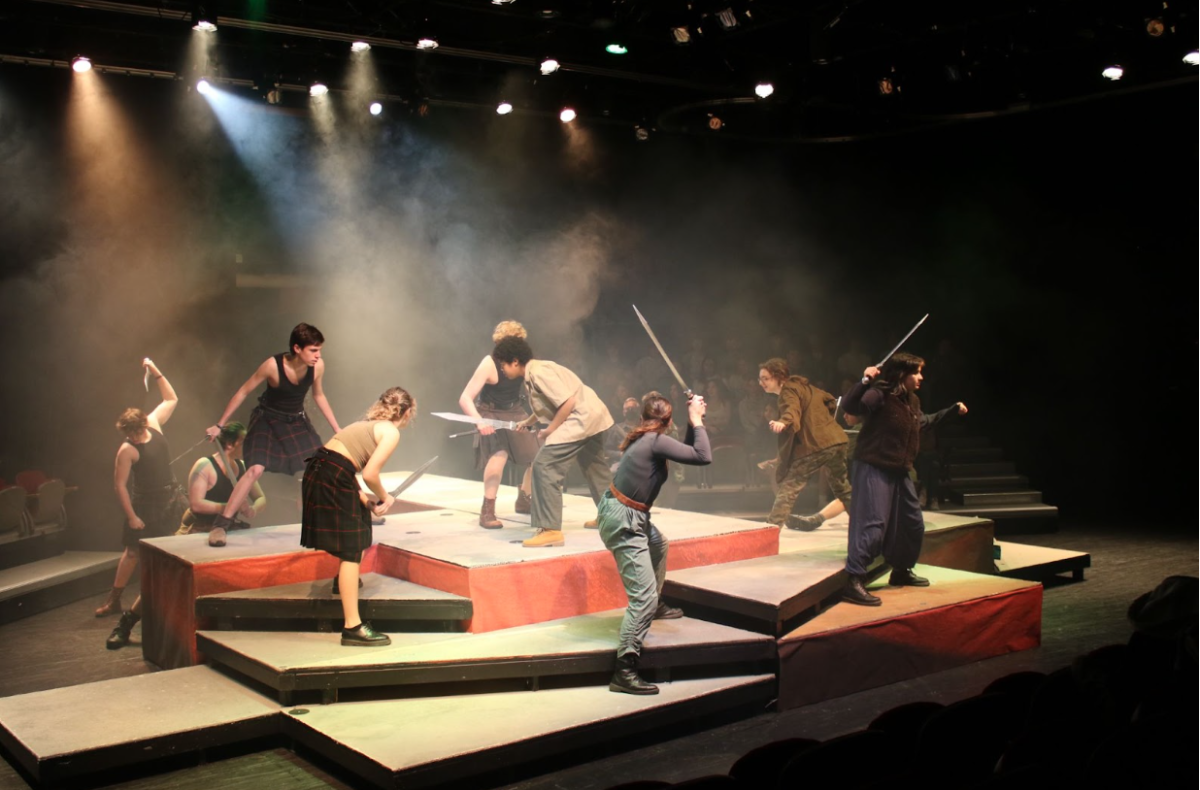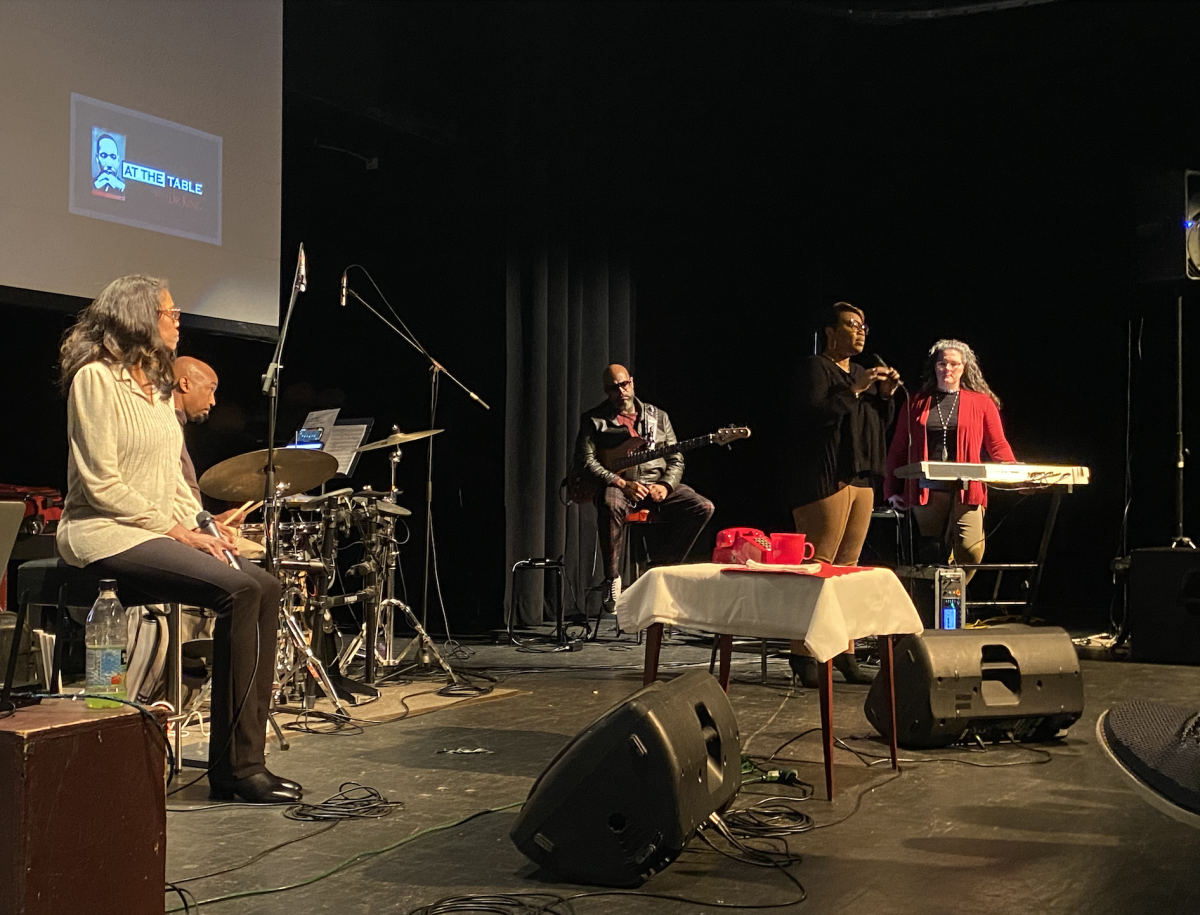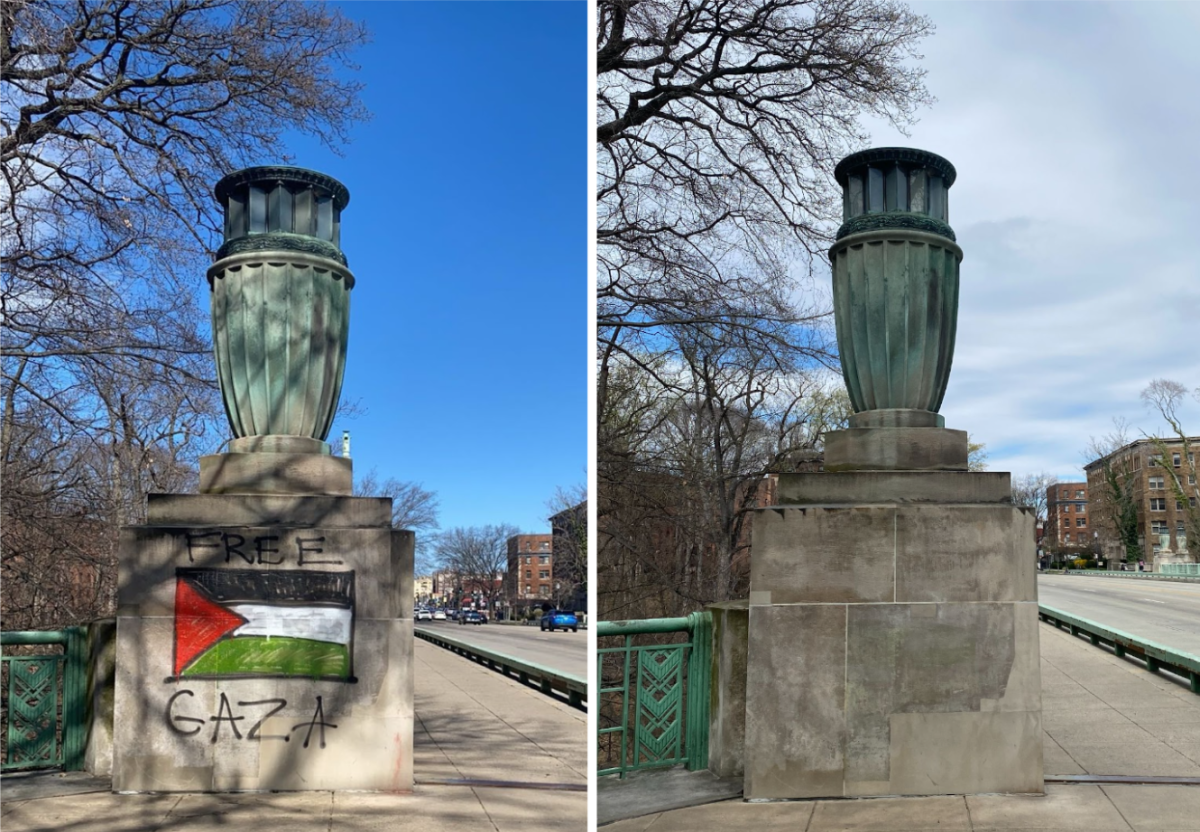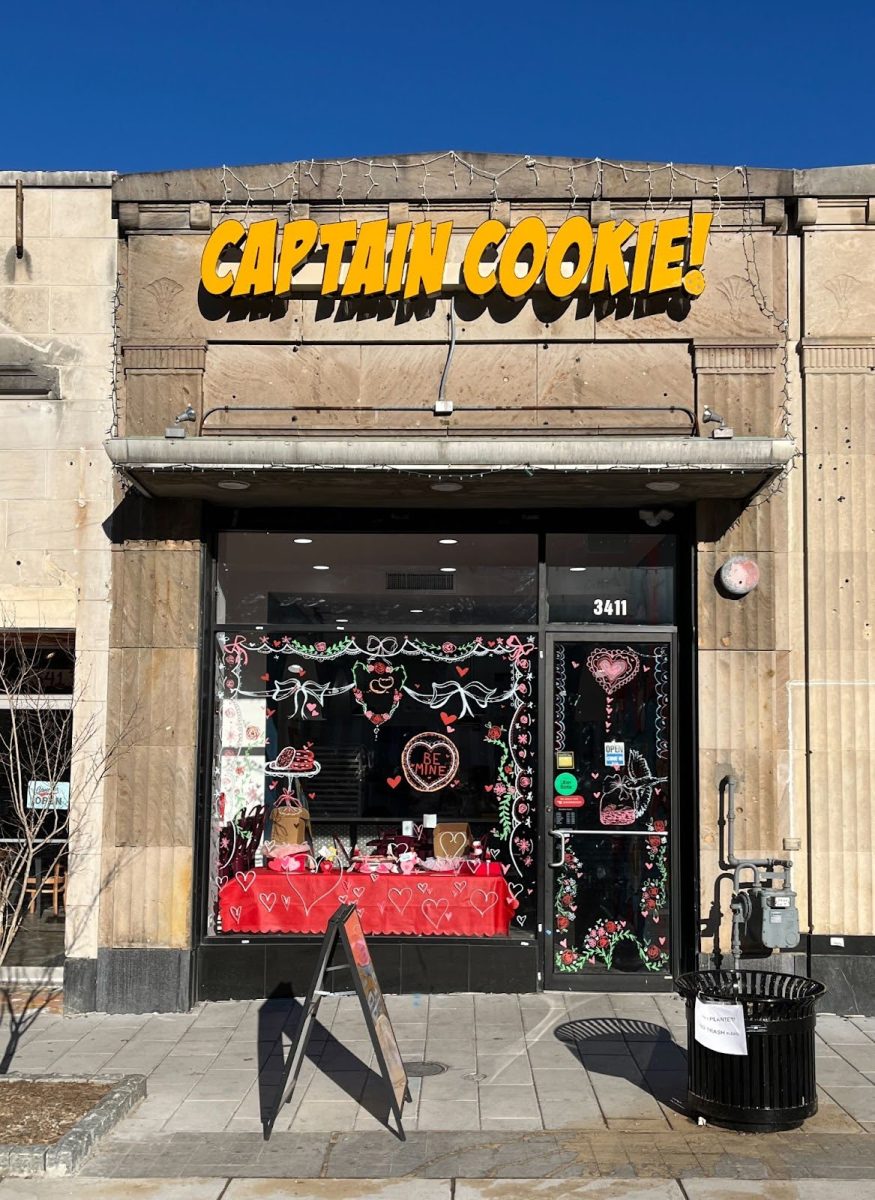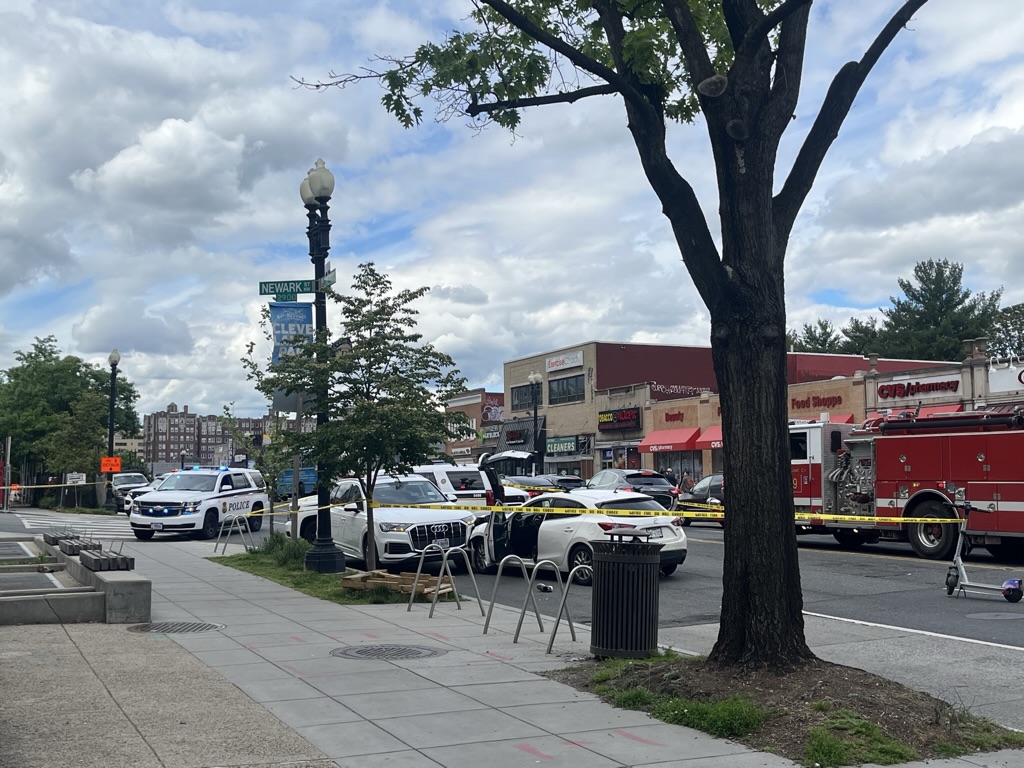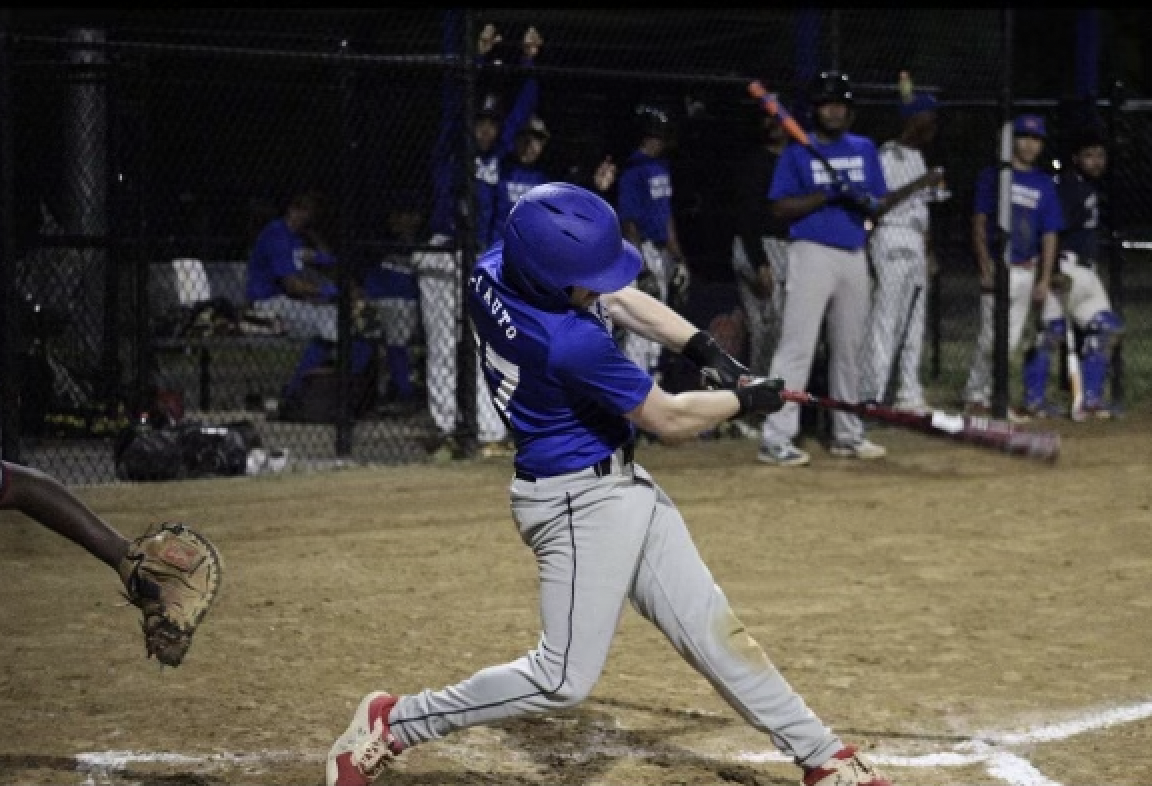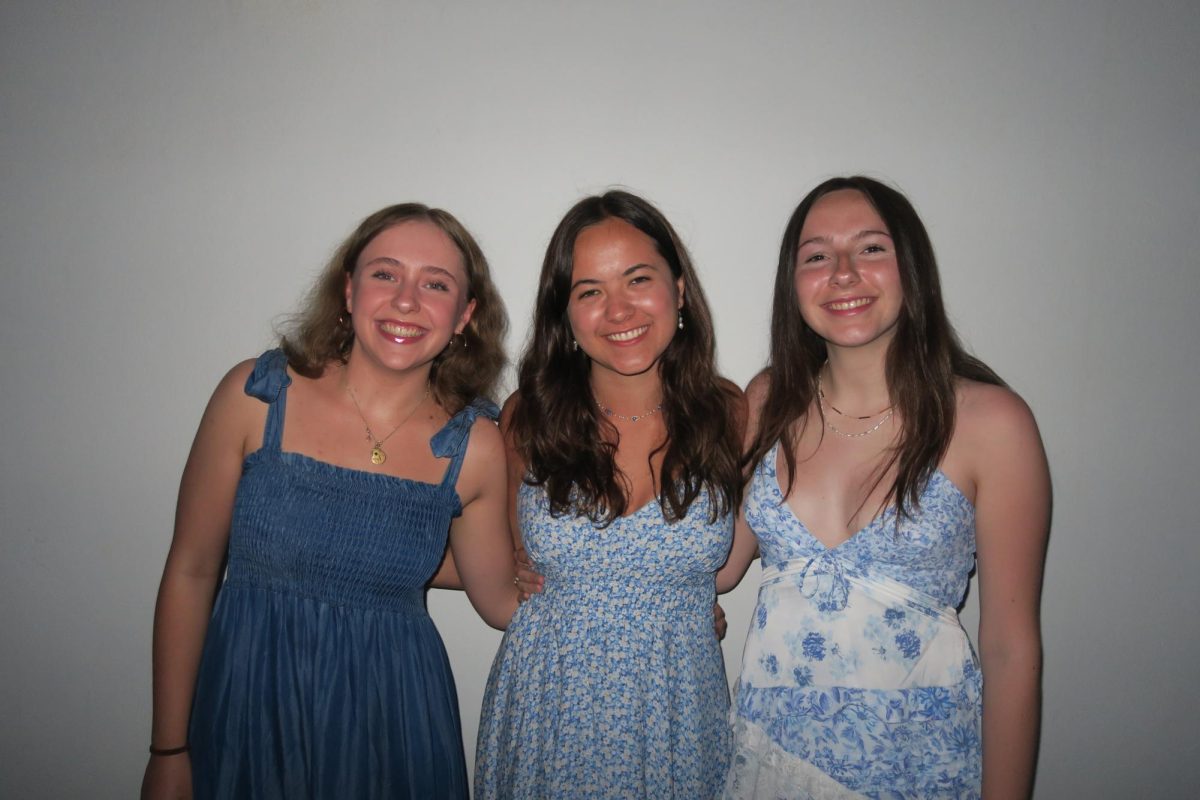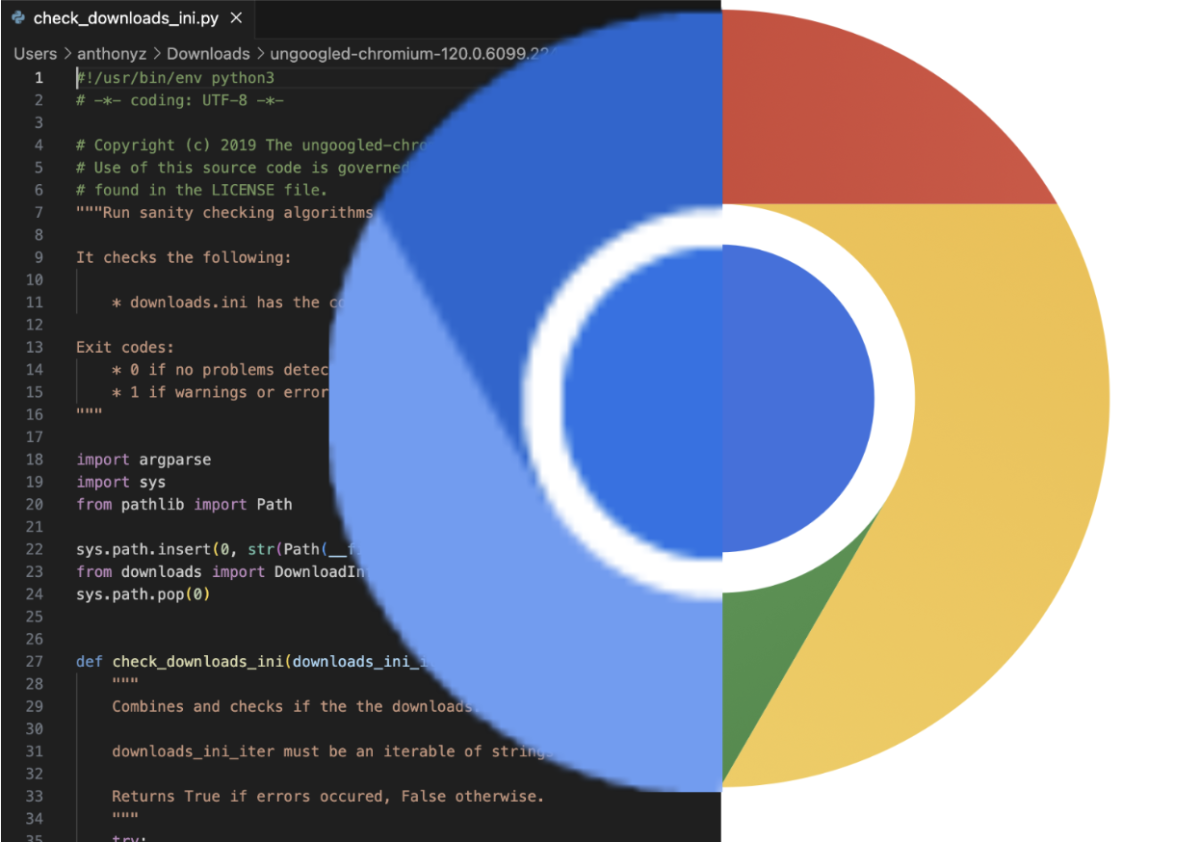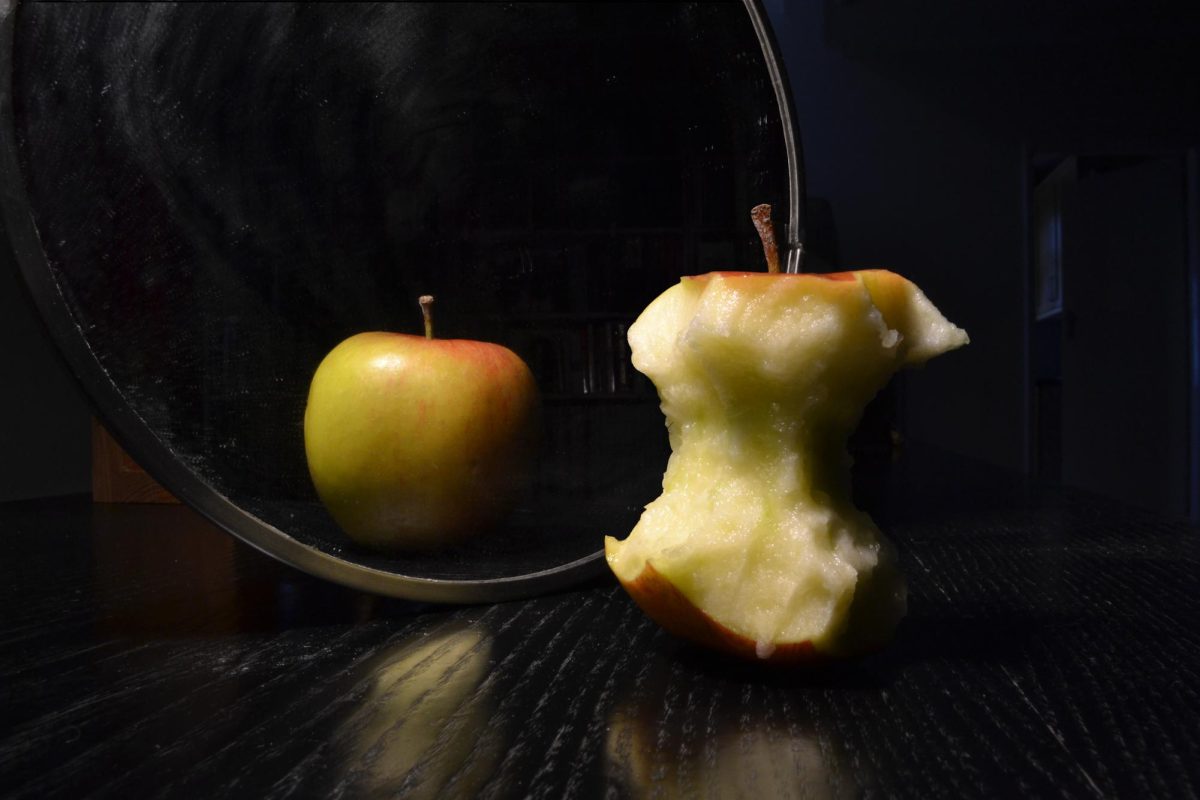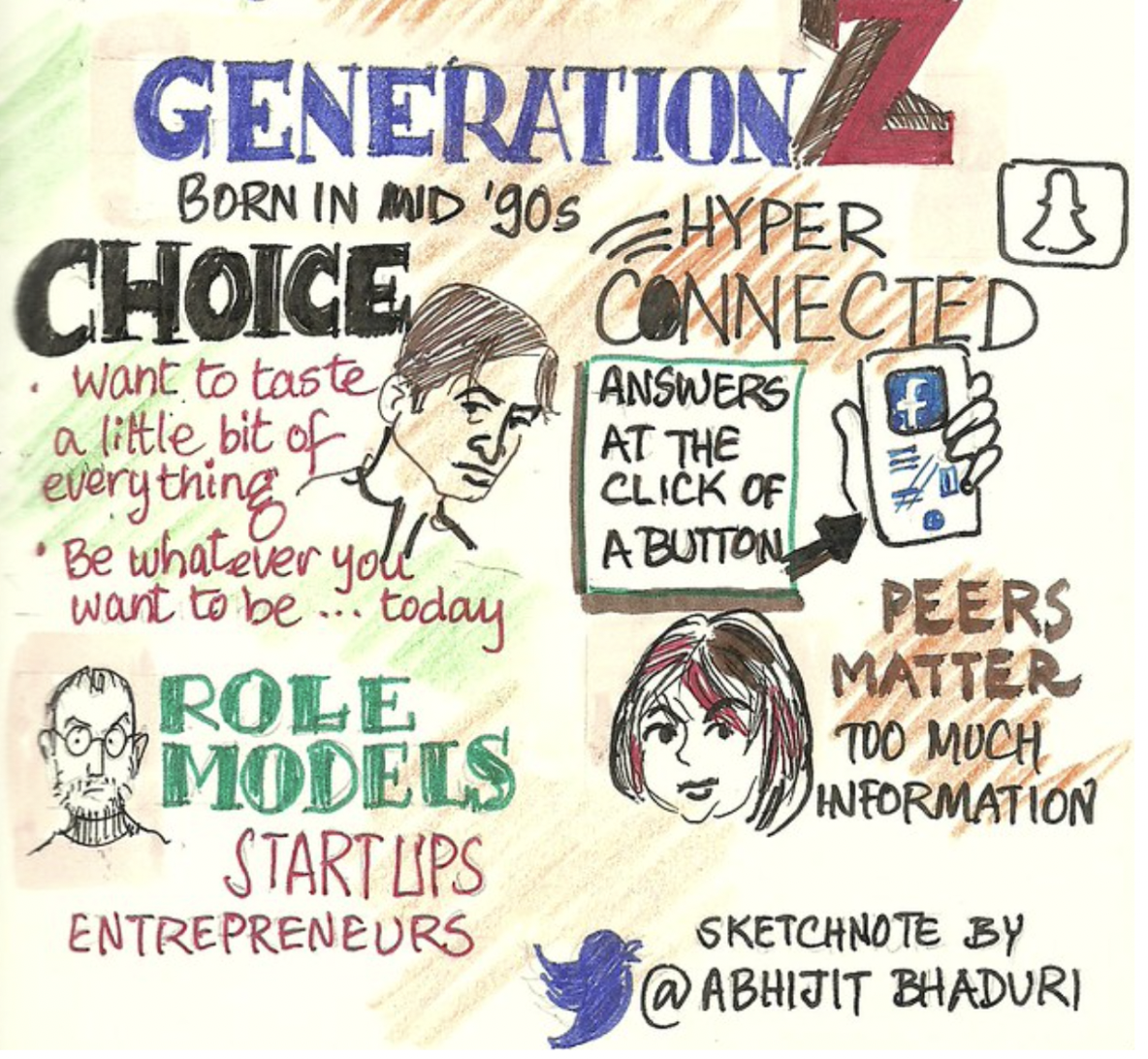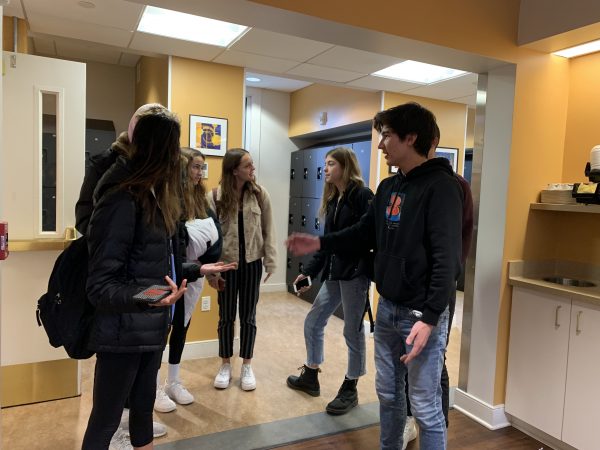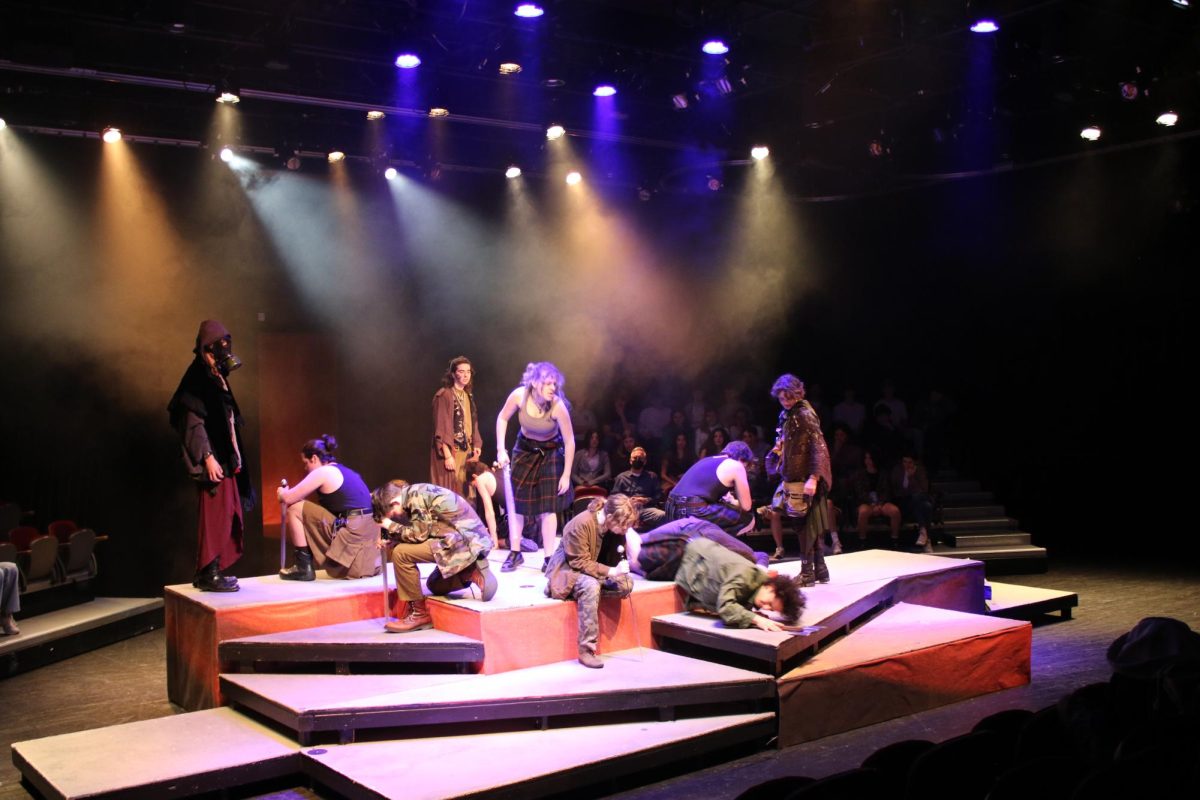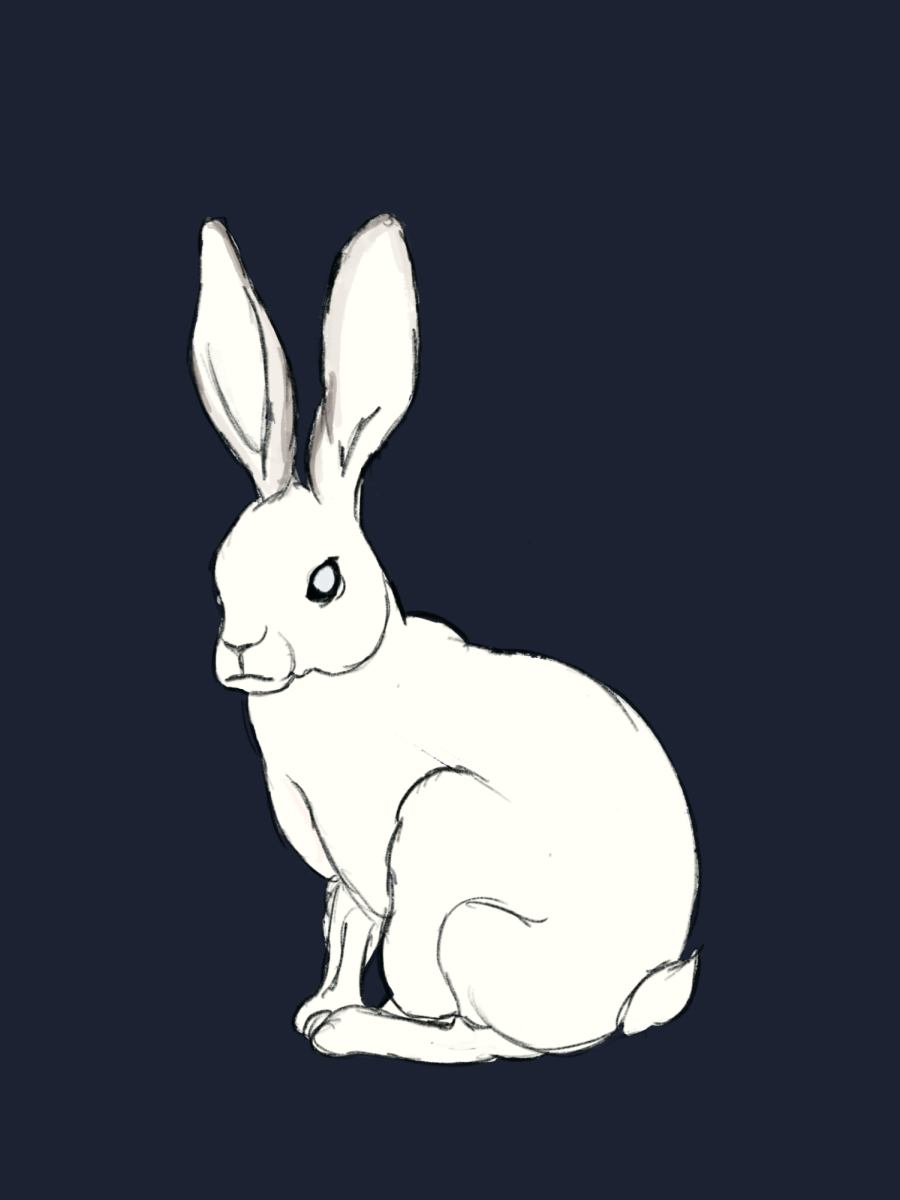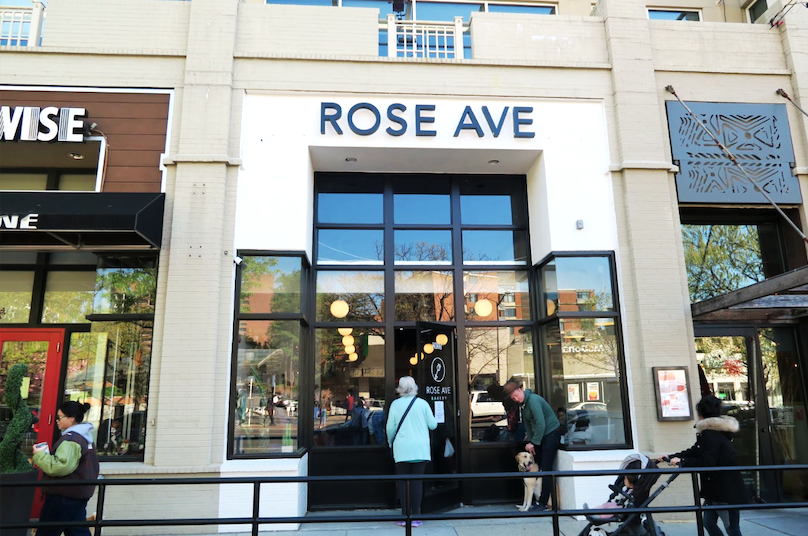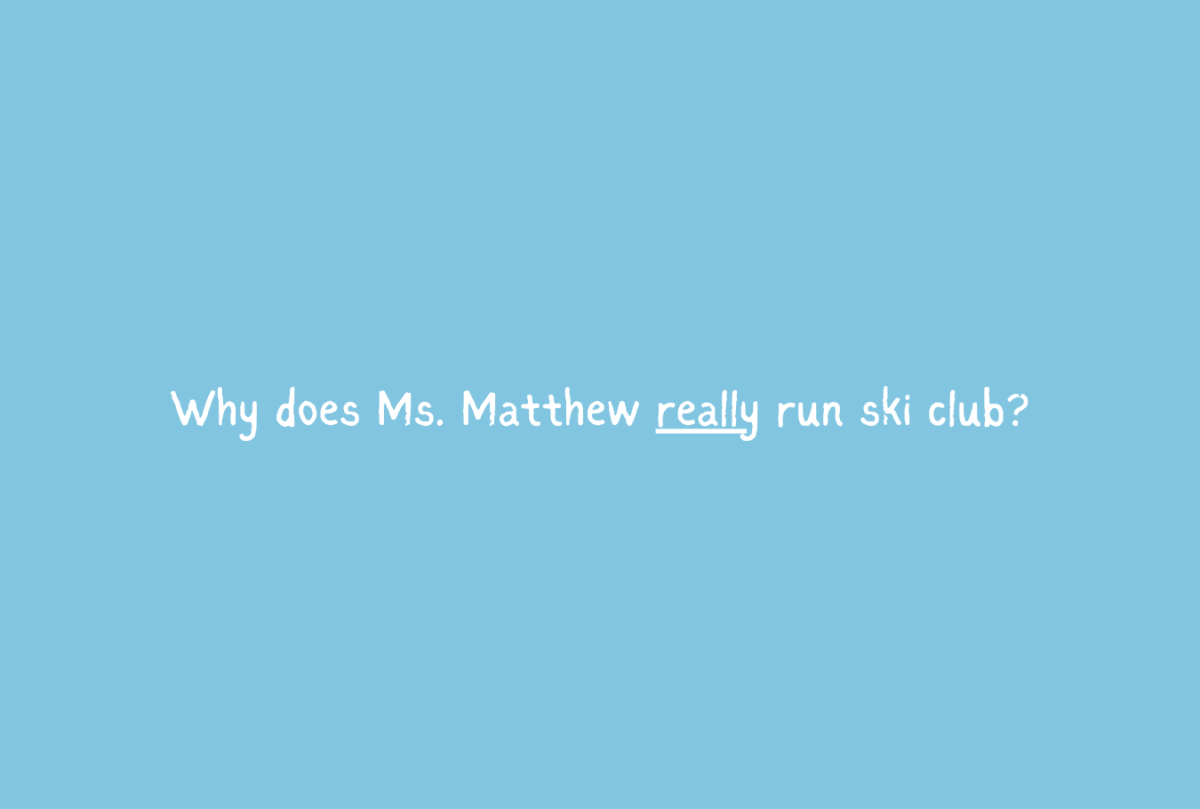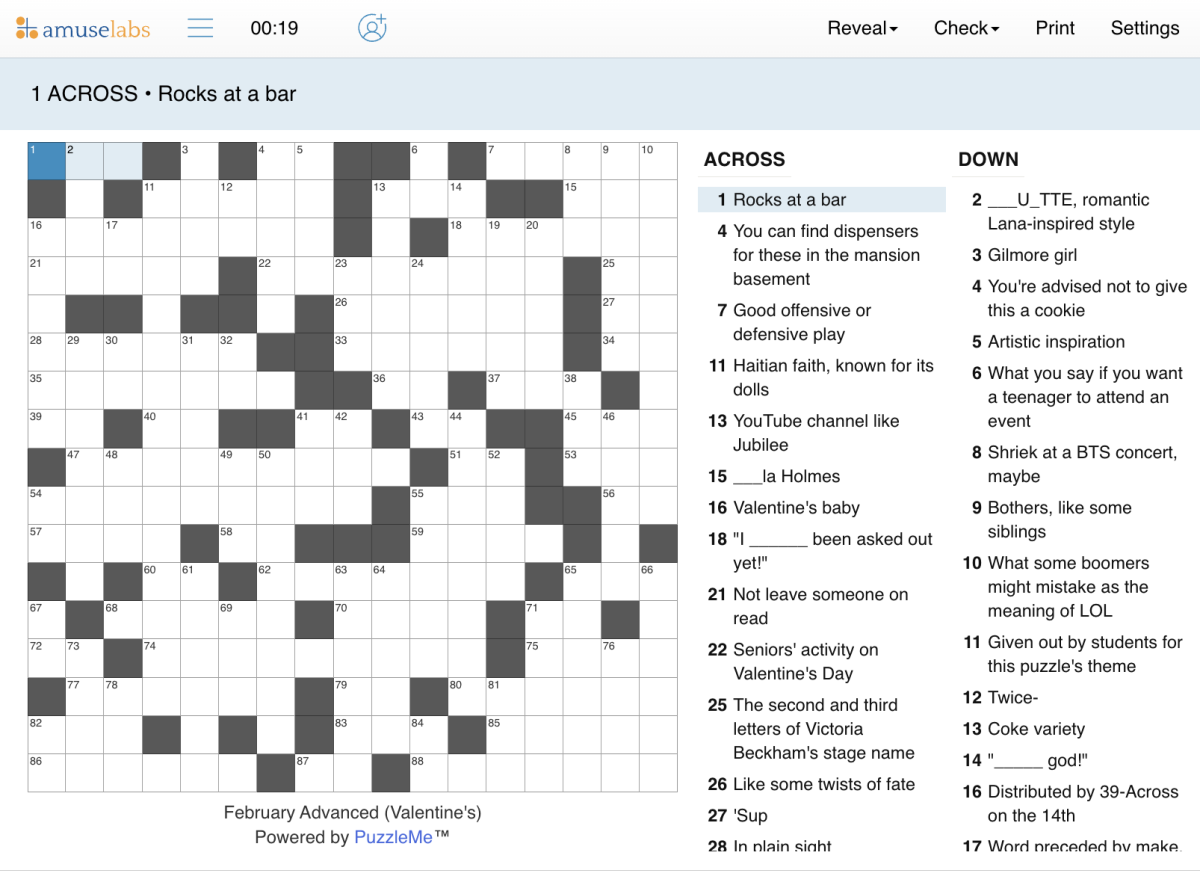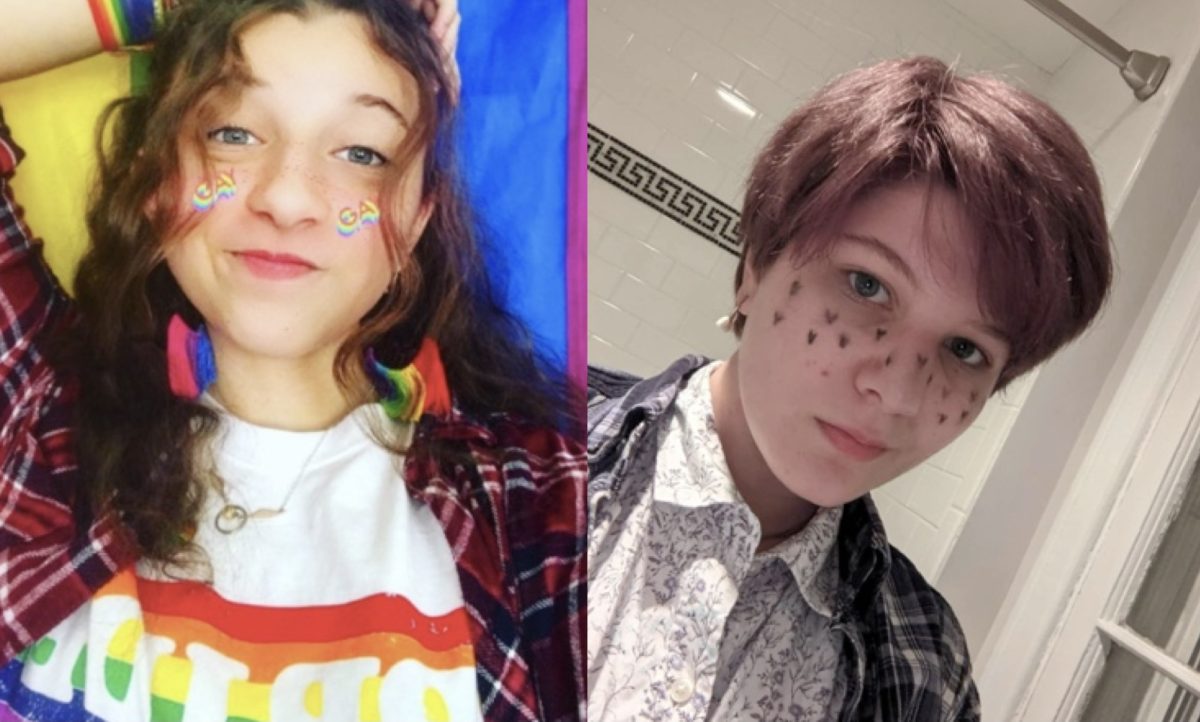The media has recently begun to represent the broadening and changing definitions of gender, especially among Generation Z. The lines between gender identity and gender expression are blurring, and a variety of labels are coming to light. These labels can be difficult to understand, especially with a lack of exposure.
Everyone has a different relationship with their gender identity. For some, gender plays an important role in society and in their identity. For others, gender may not be a core identifier.
The following are three personal profiles of WIS students speaking about their experiences as gender non-conforming teens.
Infographic regarding gender including the terms: gender, gender expression, gender identity, cisgender, non binary, gender queer, and agender. (Jenna Loescher Clark/International Dateline).
Profile 1: Martina Tognato Guáqueta
Martina Tognata Guáqueta proudly displaying her identity during pride month. (Courtesy of Martina Tognato Guáqueta). Martina Tognato Guáqueta (Class of 2024) identifies as gender-queer, queer, and uses all pronouns (she/he/they).
Tognato Guáqueta has been out about her queer sexuality for a while but has recently discovered her gender identity. They use the label “gender-queer,” which caters to many different people and their relationships to gender. It allows for more leeway instead of a specific, niche label.
“At WIS, being out is new for me. Luckily it hasn’t been that difficult, however, I have heard some off comments here and there,” Tognato Guáqueta said.
Gender-queer people use a variety of pronouns. Some use all of them, two of them, or choose one that they are most comfortable with.
Tognato Guáqueta considers himself to be a more “stereotypically presenting LGBT+ person,” which has left him vulnerable to homophobia inside and outside of WIS. Instances of homophobia are limited to offhanded comments and repeated jokes, but they are still present.
“It can be very stigmatized at school. At first glance, WIS is very accepting…but if you look deeper, there are certain [behaviors] that are repeated and not corrected. [However,] that’s only noticed if you’re in the community and actually look for it,” Tognato Guáqueta said.
Tognato Guáqueta feels that their experience as a gender-queer person at WIS has been “scary but refreshing at the same time” and overall decently neutral.
Tognato Guáqueta doesn’t clarify and specify her identity often.
“I have been pretty silent about [my identity and pronouns]. I feel like it’s just because of the lack of education about all identities…If I told a random classmate, they would be like ‘what?’” Tognato Guáqueta said.
WIS has on many occasions led discussions regarding gender and sexuality, but Tognato Guáqueta thinks it is hard for those conversations to be effective, especially due to student reactions and retention.
“The whole school does not react the same way…I know people that will simply not listen, or joke about it, or not take it seriously,” she said.
This joking response not only occurs in reaction to learning experiences, but also in regards to the LGBT+ community in general. Occasionally, jokes have used LGBT+ people as a punchline, where “the butt of the joke is that they use they/them pronouns as if it’s something negative,” Tognato Guáqueta said.
Overall, Tognato Guáqueta hopes that cis-het (cisgender heterosexual; identify with gender assigned at birth, attracted solely to the opposite gender) people and the student body in general keep in mind that “not all gender-queer humans look the same, do the same stuff, and experience the same things.”
Profile 2: AJ Hunwicks
AJ Hunwicks identifies as a-gender and uses they/them.
Hunwicks is one of the few out a-gender people in the Class of 2024. A-gender means fitting out of the “standard” ideas of gender or being “gender-less” or “absent of gender.” For some, it can mean that their gender isn’t important or vital to their identity, but the term can mean different things to different people.
Hunwicks has recently come out and is still in a transition phase to everyone knowing and using they/them pronouns.
“I think my mind is freaking out about just how fast everything has moved, from knowing who I am to then everybody knowing who I am. But it’s not necessarily a bad thing just an unknown thing,” Hunwicks said.
When describing their experience as a-gender at WIS, Hunwicks has found it to generally be neutral. They describe how though they are getting used to everyone knowing, even the “little things” like the correct pronouns and name use help them feel validated and happy.
Similar to Tognato Guáqueta, Hunwicks has not experienced any direct homophobia or transphobia but has seen some problematic behaviors and reactions to education.“[I’ve] never heard anything directly targeted towards me, just general behavior and things said behind people’s backs,” Hunwicks said.
Along with that, Hunwicks has noticed that some cis-het people simply do not care to retain the information taught about gender and sexual identity, since they don’t think it relates to them.
Hunwicks believes it is important to have conversations about gender identity with everyone, not only about people who classify off the gender binary. Anyone can have a unique relationship with their gender and gender expression.
“Even if you are cis, your identity and relationship with gender is still different than other cis people,” Hunwicks said.
Though there are not many gender-neutral bathrooms stationed around campus, and many WIS emails and activities use gendered language, Hunwicks now feels more comfortable and confident with their identity.
“Now that I have people around me who are sure of my gender identity and affirm it, I feel much more comfortable knowing that I know who I am. Just because I am using this bathroom [female] does not mean I [identify as a female].”
Profile 3: Anonymous
This source identifies as gender-queer, uses all pronouns, and would like to keep their identity hidden since they have not come out.
Anonymous has not come out officially to the WIS community, but may open up about their gender identity if comfortable. The source refrained from coming out “not because I don’t feel safe, but just because I don’t feel like that’s a really important thing. I will tell people if I become friends with them or [if they] ask.”
She feels that people at WIS aren’t always accepting and don’t fully respect gender expression. She expresses that sometimes she prefers to be 100 percent androgynous, but isn’t comfortable expressing it.
“Sometimes I feel like I can’t change my whole presence for that because people would be like ‘oh, that’s weird’… Not because I’m afraid of getting picked on but more insecurity, even though that’s how I like to present myself that’s not how I feel like I could actively actually do it.”
He has also heard of homophobia occurring outside of WIS on the part of students.
“Outside of school there are plenty of people [students] who use the T slur and F slur, or people who go ‘that’s gay,’ which is a more subtle form of homophobia when they’re making fun of something,” he said.
The instances described above differ widely in their impact but are still classified as transphobia and homophobia. The T and F slurs are slurs with a long history of hate behind them; these words should be avoided by those out of the community.
They feel that although the majority of WIS students are respectful, there is a lack of education and a layer of ignorance.
She describes repeatedly misgendering people as a “type of transphobia that [is] not accepting [gender identity] and not really caring enough to try.”
He says that it is important to actively validate people’s gender identities, but it is also important to strike a balance between validating their identity and not treating them differently than before. He thinks that people should respect “others’ pronouns to make them feel better, especially when there is such a big portion of people who won’t do it, in a way making up for them.”
Though people should put in a solid effort into respecting people’s identities, it is important to not change your approach towards people after they come out.
“There should be a safer environment to come out and not change your whole attitude. I know a lot of people won’t come out because they want to be treated a certain way that they were before they [come out],” she said.
By Jenna Loescher Clark
*This article contains several anonymous sources. Our policy for anonymous sources is accessible here or through our homepage.



